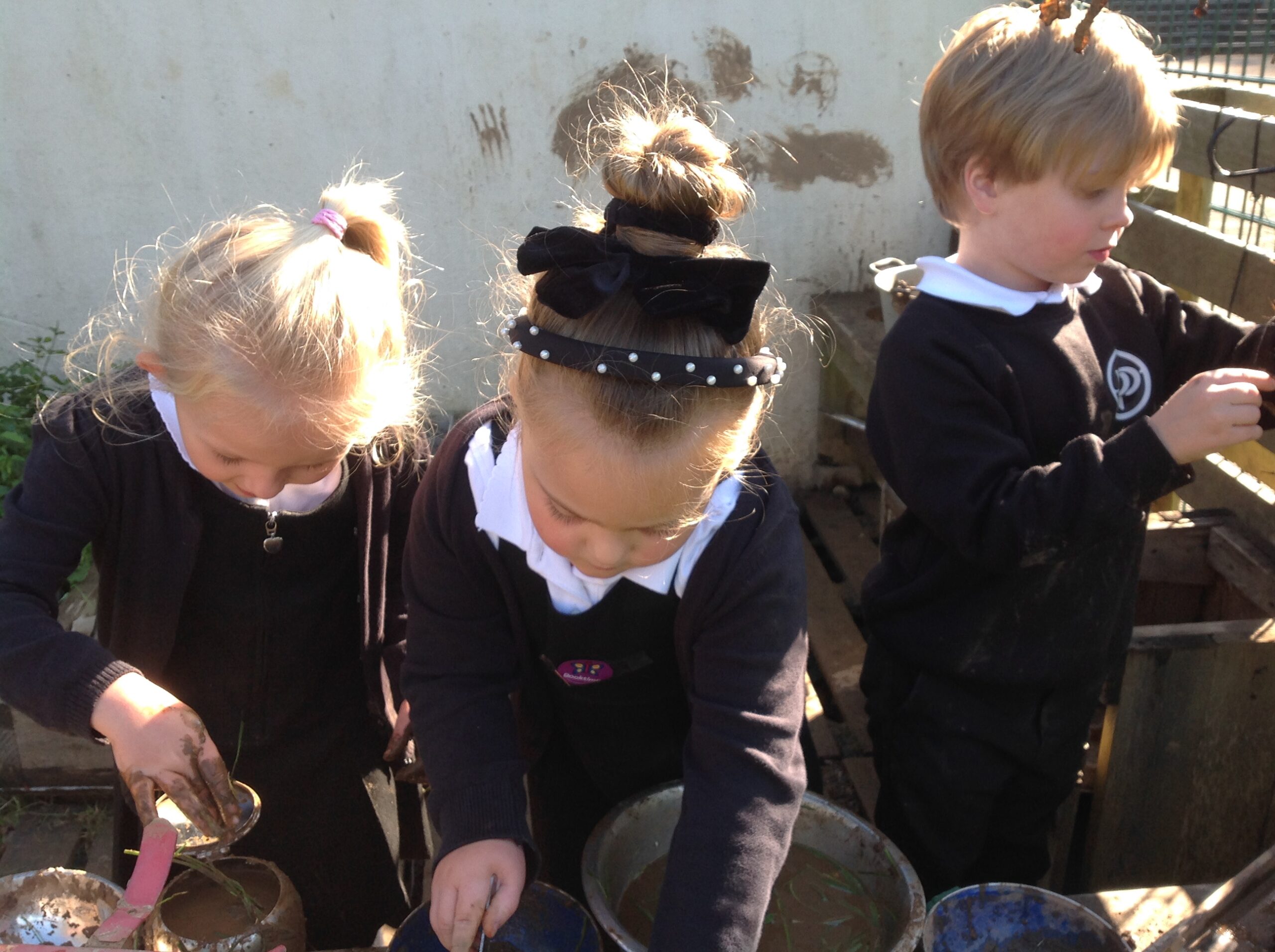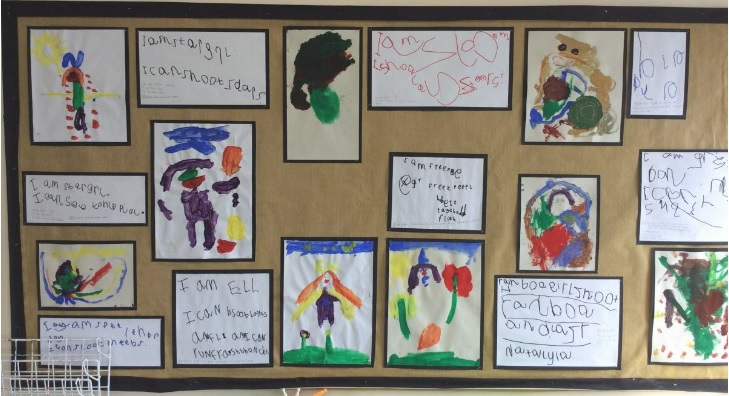EYFS

‘Play is the only way the highest intelligence of humankind can unfold’ – Joseph Chilton Pearce
‘Play is often talked about as if it were a relief from serious learning. But for children play is serious learning. Play is really the work of childhood’ – Fred Rogers
EYFS Coordinator: Mr Moore
Contact Email: pennowetheyfs@croftymat.org
The Early Years Foundation Stage (EYFS) Curriculum
We are extremely proud of our Early Years Foundation Stage here at Pennoweth Primary School. We have one Nursery and two Reception classes with a shared outdoor learning environment. We have a huge variety of high-quality resources that enable the children to develop the skills that they need to become active learners.
We understand what makes children successful learners and make sure that we provide the children with endless opportunities to develop these skills.
Our qualified and experienced staff are strongly committed to the development of language, physical and social skills alongside the development of early reading, phonics, writing and maths. The children are enabled to learn these skills rapidly through high quality, meaningful play experiences which make learning fun!
It is our priority that children develop a positive self-awareness, an understanding and respect of themselves and others regardless of ethnicity, religion or gender.
We believe that children should receive a broad, deep and balanced curriculum. At Pennoweth we have developed a bespoke curriculum that is inspiring and creative for all our learners as well as taking into account National Curriculum requirements. As a result, we teach all of the foundation subjects in a context (where possible) and each topic is rich in experiences, opportunities for educational visits, drama, art, RE, music and P.E.
Every half-term there is a new topic for the children to learn about and explore. These topics are carefully planned and take into account the children’s interests and schemas of learning. The topic usually begins with an educational visit or experience in school. The reason for this is to excite and inspire the children, whilst providing a real experience where children can see, make, handle artefacts, gather information and take part in role-play, in order to learn and understand as much as possible. These visits also help the child with their understanding and will deepen and broaden their learning across the curriculum.
Each topic reaches its conclusion with a memorable event. This can take many forms including opening a minibeast hotel, rock pooling at the beach or even staging a superhero day. These are all designed to showcase the learning that has taken place and the curriculum skills they have learned. Where possible, we invite parent and carers to join in the celebration and share their children’s learning journey.
Topic Example: Heroes and Villains
In this topic the children began by learning about Everyday Heroes (beginning with a memorable event e.g. a visit from the fire brigade/paramedics) and how people help us in our everyday lives (e.g. Key workers, vets, parents) We discussed how we should behave towards one another and be heroes at home and at school.
We then began to explore superheroes using the fantastic Supertato storybook series. The Reception classrooms were visited by the Evil Pea who got up to lots of mischief. This led to Wanted posters, estimating peas, traps designed to catch the Evil Pea, healthy/unhealthy food discussions (and eating) and lots of opportunities for writing.
Finally we moved on to our memorable event: Superhero Day. To build up to this the children created their own superhero persona. They painted pictures and wrote about them, put them into stories and then designed and made their costume. This all culminated in Superhero Day where the children donned their costumes and took part in a range of different activities to rid the Reception of the Evil Pea.
Have a look below at some of the wonderful work the children produced and the experiences they had!
Tapestry
In order to capture and keep a record of our children’s learning, investigations and development we use Tapestry.
This is a secure online learning journal that allows staff and parents/carers to record photos, observations and comments that celebrate learning and the children’s achievements, in line with the Early Years Foundation Stage curriculum.
This system allows us to work with parents and carers to share information and record the children’s play and learning in and outside of the classroom.
The Early Years Foundation Stage (EYFS)
The Early Years Foundation Stage curriculum is delivered through carefully planned activities, learning and play opportunities to help ensure that all children have the opportunity to reach their full potential and experience the best possible start to their education.
The EYFS sets out seven ‘Areas of Learning and Development’ and together these make up the skills, knowledge and experiences appropriate for children as they grow, learn and develop. They are:
Prime Areas
- Personal, Social and Emotional Development
- Physical Development
- Communication and Language
Specific Areas
- Literacy
- Mathematics
- Understanding the World
- Expressive Arts and Design
The Prime areas are fundamental, work together and move through to support development in all other areas.
The Specific areas include essential skills and knowledge for children to participate successfully in society. Together they help to provide a balanced Early Years curriculum.
New Starters Powerpoint
Please find our Powerpoint that was shared at our New Reception Parents Meeting.

